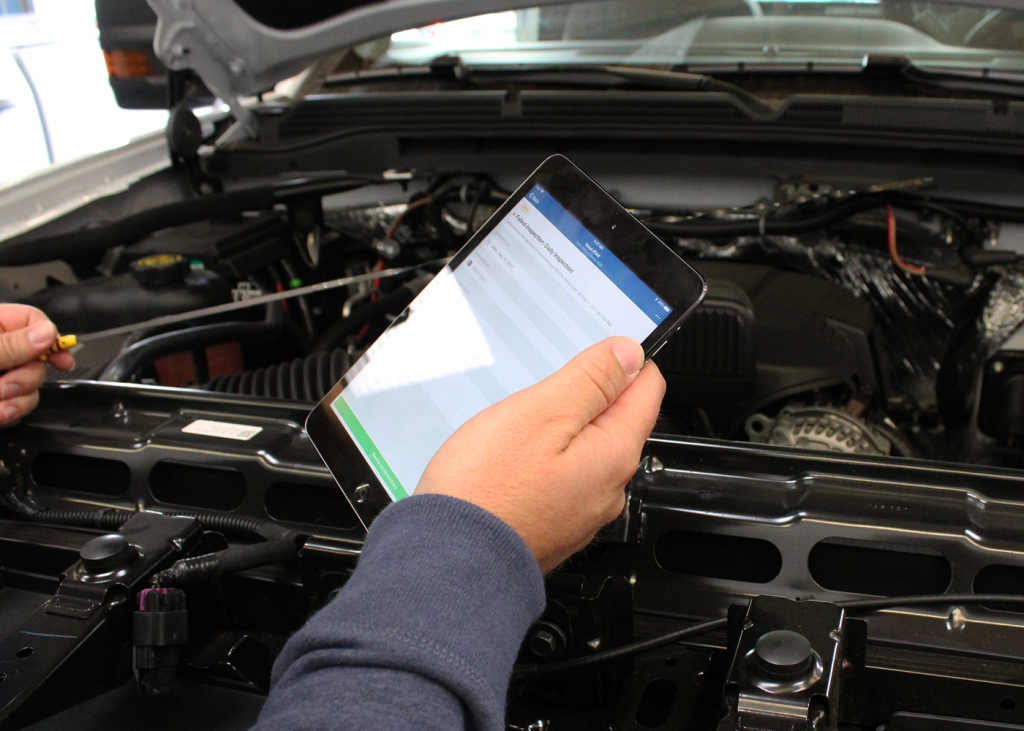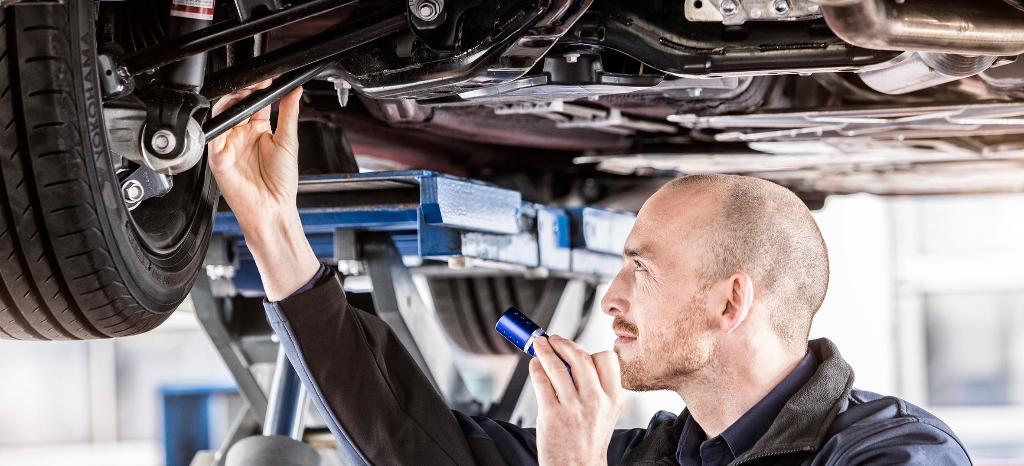If you’re considering buying a used car and want to verify if it has been in an accident or not, then you have a few options – some free, and some not so free. We’ve written about the process of checking this for free here.
The first part is key: you need to understand what the different categories of damage mean – such as CAT N and CAT S. Most people are familiar with the older style categories but these have now been replaced, eg CAT D is on longer used. Read on to find out more.
Will an HPI Check always show if the vehicle has been in an accident?
Not always. A vehicle check will only verify if the car has been in a recorded insurance claim and has been “written off”.
The easiest way to explain this, is to clarify how the system works after a car has been in a collision or been damaged. Most drivers will contact their insurers and report the incident, and the vehicle will then be repaired (if needed). At this point, if there is damage, then the vehicle be assessed and given a damage category – you can find out more about them here.
This damage category will then be logged into various computer systems, such as MIAFTR. At FreeCarCheck we utilise this information as part of our vehicle checks.
However there are going to be some situations where the vehicle owner decides not to declare the incident to their insurer. While this may be illegal in some cases, it’s surprisingly common.
A lot of drivers don’t want to deal with their insurer and register a claim – as they believe their costs will go up if they have a claim on record, and will lose their no-claims bonus (NCB). So they will try to rectify the situation privately, away from the insurers of either party.
In cases like this, you – the potential car buyer – won’t always know if the vehicle you’re viewing has been damaged in the past. This is because unfortunately, if it has not been recorded with MIAFTR then the incident is not going to show up anywhere – even if you use a more well-known and pricier provider for vehicle checks, as we all utilise the same service data providers.

What if I think there are signs of damage, or a previous undeclared accident?
This is quite common. The internet is littered with stories about this, like for example this thread, where the poster describes a situation where they viewed a car with mismatched paint doors (they were of slightly different colour to the rest of the car’s body).
If you are viewing a car with obvious signs of damage or repair, then be prepared to walk away. Even if the dealer or seller does not declare this – and they may not even be aware themselves – an HPI style check will not show up this information either, for the reasons above.
If you have reservations about buying a car with possible damage, be aware that when you come to sell the car later, the new buyers will likely have the some reservations! So make sure that if you *do* proceed with the sale, do so with both your eyes open, and be aware of the pitfalls and risks.
Does a dealer/seller have to declare an accident?
Yes and no.
If the dealers are aware that the vehicle has been in an accident, then they are committing an offence by not passing on this information to the buyer. The Consumer Protection (Amendment) from Unfair Trading Regulations May 2014 incorporate “The Sale and Supply of Goods to Consumers Regulations 2002” and contain a general prohibition against unfair commercial practices and, in particular prohibitions against misleading actions, misleading omissions and aggressive commercial practices.
However, note that they key word here is knowingly. If the dealer or seller was genuinely not aware of the damage, it will be hard to bring a claim against them on these grounds. In many cases, it’s completely plausible that the seller may genuinely not know themselves that their vehicle had previously been in an accident if for example it was a previous owner before them.
What other options are there?
All is not lost if you discover that your dream car may have some signs of undeclared damage…
A lot of used cars are sold with AA or RAC-approved vehicle inspections, and this should provide you with peace of mind if you’re not sure. In most cases, these vehicle inspections will flag up any such issues. FreeCarCheck does not provide this service as it requires a manual check of your vehicle, but you can find out more about them here.

Has my van been damaged
How do I buy a write off checker
If i buy a car and the seller does not let me know it has been an an accident can i get refund